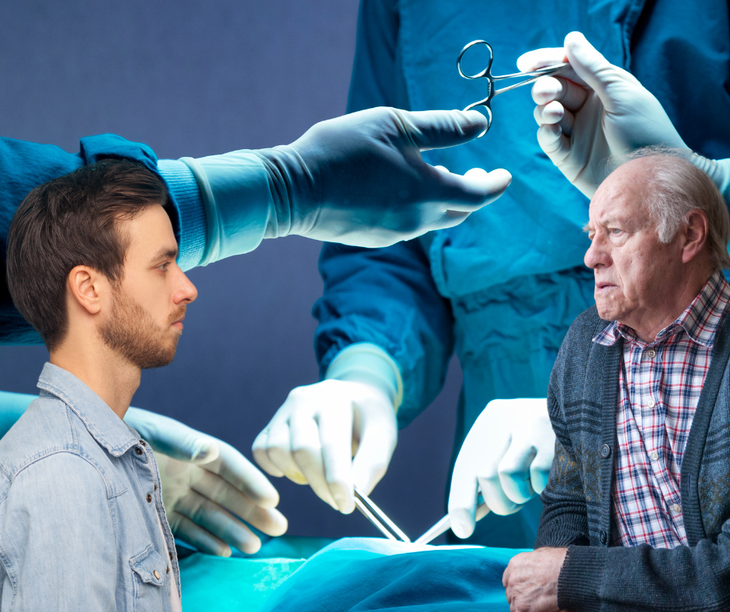
The dream of immortality through organ transplants is the human aspiration to overcome fate, the aspiration to live, to fight against the laws of time - Photo: AI
In recent years, world medicine has continuously recorded new advances in the field of organ transplantation. Only recently, scientists have discovered a "molecular switch" that can reduce common complications in liver transplants, helping the transplanted organ survive longer.
From these achievements, some people hope that replacing organs in the body can help people prolong their youth, even achieve "immortality". What does science say about this?
The dream of "changing body parts to become young again": From experiment to legend
The idea of organ replacement to maintain youth is not new. Since the early 20th century, European elites have pursued "monkey therapy", transplanting monkey gonads in the hope of increasing vitality and prolonging life.
A century later, that dream has come back to life in a new form: blood transfusions from young to old. Tech investors and self-proclaimed “biohackers” like Bryan Johnson promote transfusions of platelet-rich plasma, or “young blood,” to regenerate the body.
The scientific basis for these experiments comes from parabiosis studies on mice, where when the circulatory systems of old and young mice were connected, the old mice temporarily improved their muscles and memory. But when applied to humans, the results were not positive.
Clinical trials of young blood transfusions have failed to show significant anti-aging effects, and the US Food and Drug Administration (FDA) has even warned that these therapies are “unproven and potentially harmful.”
Yet the prospect of "bottling youth" for sale haunts people, reflecting their desire to transcend their own biological limits.
Organ transplants save lives, but cannot "reset" the biological clock
In medical practice, organ transplantation is one of the greatest achievements that has saved millions of people from death. When the heart, liver or kidney fail, a donor organ is the only chance for survival.
These organs are carefully selected, tissue- and virus-tested to ensure the highest compatibility. However, the biggest challenge comes from the recipient's own body: the immune system.
Because the transplanted organ is considered a “foreign” object, the immune system will attack and destroy it within a few weeks, unless the patient takes immunosuppressant drugs for life. These drugs help the body accept the transplant, but also make the patient susceptible to infection, cancer and many other complications.
Over time, the immune system continues to attack silently, causing inflammation, fibrosis, and chronic rejection. Even with the best care, maintaining a “foreign” organ is a long and tiring battle.
In particular, in the elderly, the risk of post-transplant failure is increased: weak immunity, poor tissue regeneration ability and high background inflammation make the recovery process more difficult.
Studies show that the survival rate after multiple organ transplantation in the elderly is significantly reduced, because the body is no longer able to adapt.
In short, organ transplants can prolong life, but they cannot rejuvenate the body. Major surgery, lifelong medication, and physiological stress make "body enhancement" through transplantation impossible.
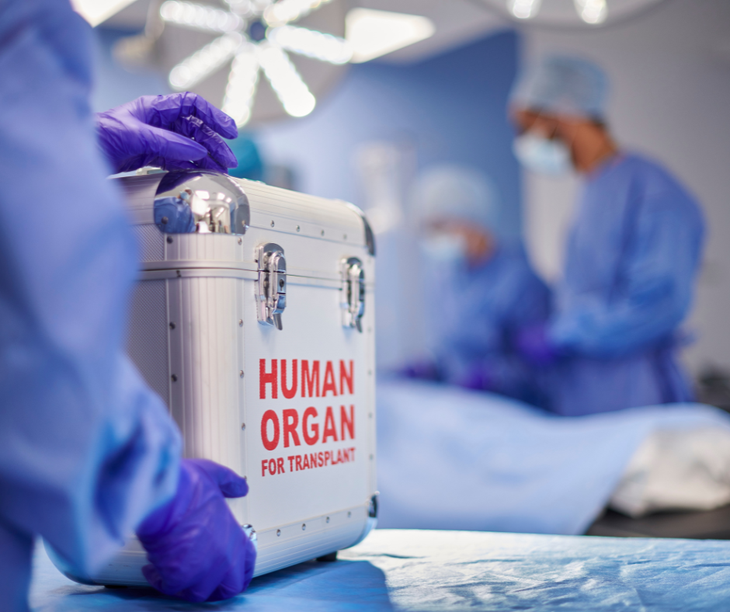
In most countries, the waiting list for organ transplants lasts for many years, while the number of donors is too small - Photo: AI
When scarcity raises ethical questions
There is a severe shortage of donated organs. In most countries, waiting lists for transplants are years long, while the number of donors is too small. This has led to a black market in organs, exploiting the poor in underdeveloped countries to meet the needs of the rich.
Not only is this scarcity ethically controversial, it is also affecting the direction of medical research itself. Scientists have experimented with xenotransplantation, transplanting animal organs (like pigs) into humans, and even growing organs in the lab.
However, most of the trials failed after a few days due to rejection, and creating a complete human organ in a test tube remains a distant goal.
That begs the question: if a healthy heart were available, who would get a transplant, a dying baby or an elderly person wanting to prolong their life?
The core principle of organ transplantation is to prioritize those with the best chance of survival and quality of life. Using precious donor resources for “anti-aging” purposes is not only unethical, but also threatens society’s trust in the organ donation system.
The Final Frontier of Medicine: The Human Brain
Not every organ can be replaced. The brain, the seat of memory, emotion, and identity, remains the only organ that cannot be transplanted or regenerated.
The human brain ages over time with a series of changes: memory loss, cognitive decline, neurodegeneration.
Unlike the heart or liver, the brain cannot be replaced without leaving the person inside intact. Although science can replace all other organs, "changing the brain" still means losing the person.
Therefore, the dream of immortality through organ transplantation is not the next frontier of medicine, but a mirror reflecting the human desire to overcome fate, the desire to live, against the laws of time, but also reminding us to accept finitude as a natural part of human life.
Source: https://tuoitre.vn/ghep-tang-co-giup-con-nguoi-truong-sinh-bat-lao-20251027120430006.htm


![[Photo] Flooding on the right side of the gate, entrance to Hue Citadel](https://vphoto.vietnam.vn/thumb/1200x675/vietnam/resource/IMAGE/2025/10/28/1761660788143_ndo_br_gen-h-z7165069467254-74c71c36d0cb396744b678cec80552f0-2-jpg.webp)



![[Photo] National Assembly Chairman Tran Thanh Man received a delegation of the Social Democratic Party of Germany](https://vphoto.vietnam.vn/thumb/1200x675/vietnam/resource/IMAGE/2025/10/28/1761652150406_ndo_br_cover-3345-jpg.webp)
![[Photo] Draft documents of the 14th Party Congress reach people at the Commune Cultural Post Offices](https://vphoto.vietnam.vn/thumb/1200x675/vietnam/resource/IMAGE/2025/10/28/1761642182616_du-thao-tai-tinh-hung-yen-4070-5235-jpg.webp)


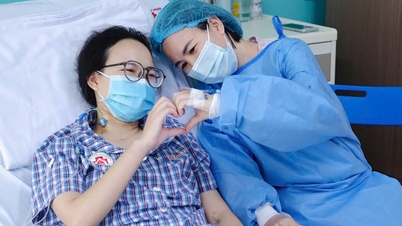



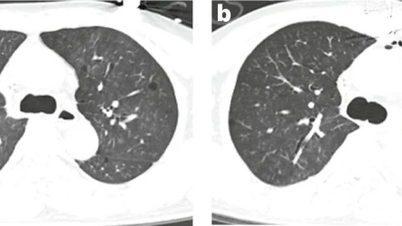
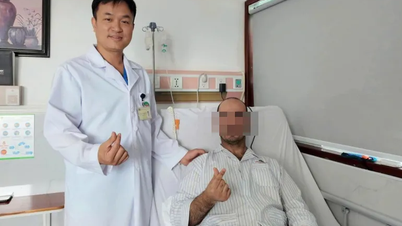







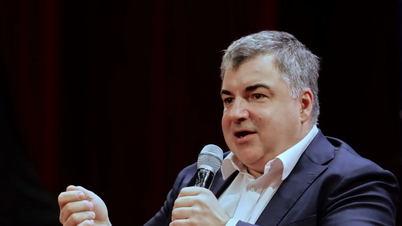
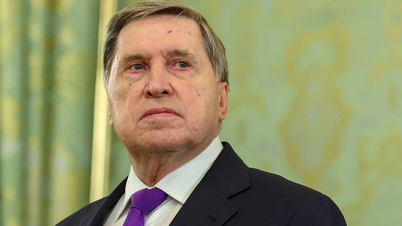






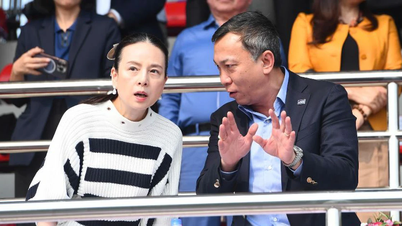



![[Photo] President Luong Cuong attends the 80th Anniversary of the Traditional Day of the Armed Forces of Military Region 3](https://vphoto.vietnam.vn/thumb/1200x675/vietnam/resource/IMAGE/2025/10/28/1761635584312_ndo_br_1-jpg.webp)













































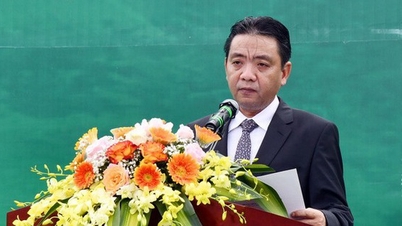
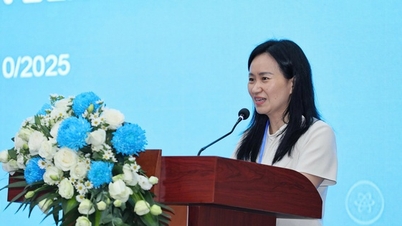

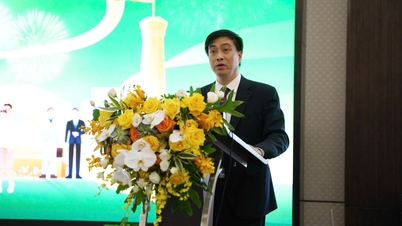


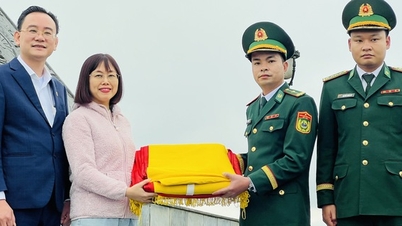





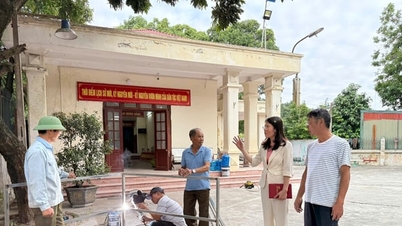


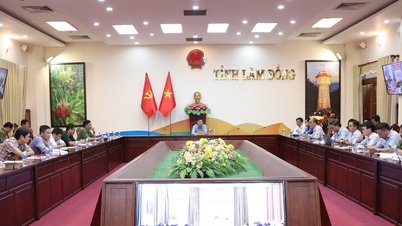
















Comment (0)